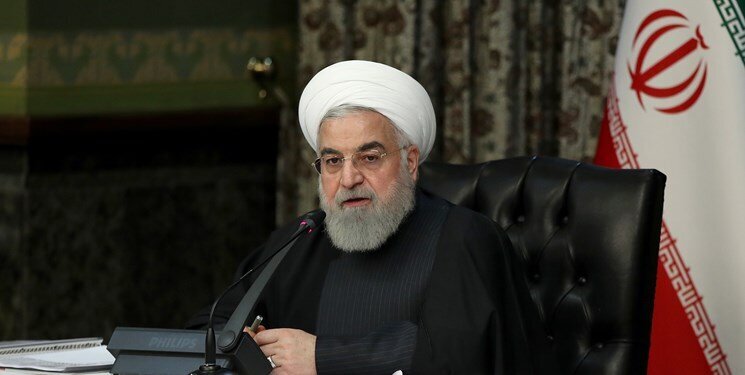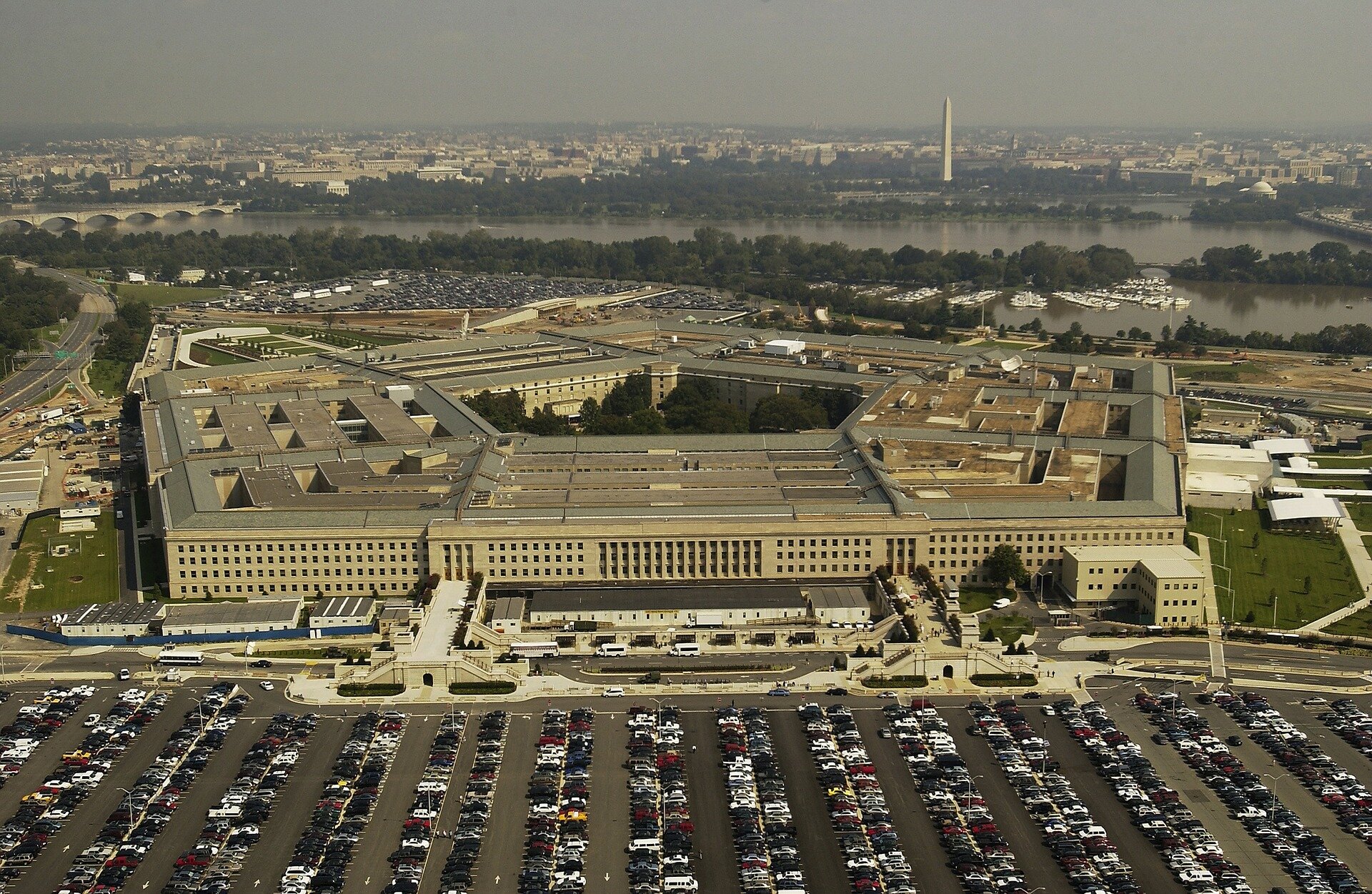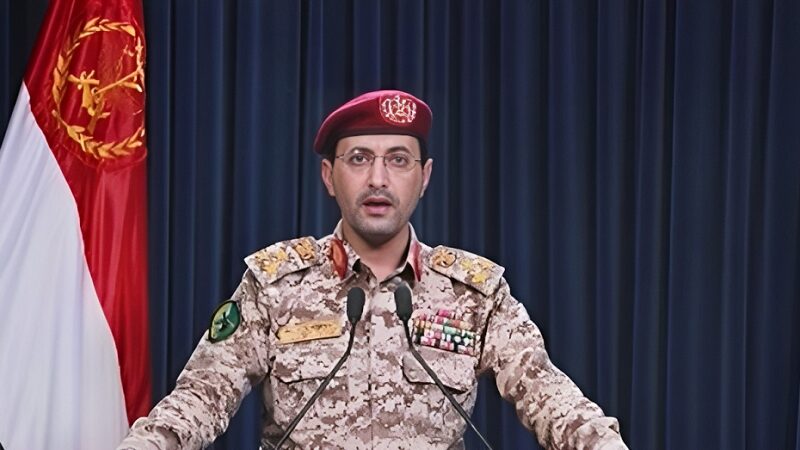PICTURED: The meeting of the JCPOA resumes in the Grand Hotel Wien, Vienna, April 6, 2021. Photo credit: Reuters. Fair Use.
VIENNA, Austria. April 6th, 2021. As the signatories of the 2015 JCPOA, also known as the Iran Nuclear Deal, assembled in Vienna on Tuesday to discuss a possible joint re-entry of both the U.S. and Iran back into respective compliance with the deal, both sides seemed to think their was something positive happening.
The joint commission of the deal, represented by Russia, China, France, Germany, and the UK, agreed with Iran, whose delegation was present, and the U.S., operating remotely out of a hotel in the city, that a working group would be established to lay out a roadmap for a synchronous return to the deal.
The stakes are high, as it seems unlikely any further concise attempts would be made to restore the deal before the June elections in Iran, when lame-duck president Hassan Rouhani steps down to what could be a much less-agreeable U.S. hardliner.
Furthermore, if the U.S. believe their own, largely-unproven allegations, then through the arming of the Shia-sect fighters in Yemen, the dominant Houthi faction, Iran has already demonstrated they can fundamentally disrupt the flow of oil out of the Persian Gulf, and even within Saudi Arabia herself.
It will take high-level diplomacy to work, and cynical analysts might say that neither party intends for a return to the agreement, yet several members at the conference reported progress.
“The talks in Vienna were constructive… our next meeting will be on Friday,” Abbas Araqchi, the Iranian Deputy Foreign Minister said.
Ned Price, State Department Spokesperson said they were a “healthy step forward” but added “we don’t anticipate an early or immediate breakthrough, as these discussions, we fully expect, will be difficult”.
“There’s unity and ambition for a joint diplomatic process with two expert groups on nuclear implementation and sanctions lifting. As Coordinator I will intensify separate contacts here in Vienna with all relevant parties, including US,” Enrique Mora, the EU’s chief coordinator who led the talks, reported on Twitter.
PICTURED: Iranian President Hassan Rouhani, the Iranian executive that oversaw the passage of the JCPOA, but who is soon to leave office.
High stakes
Biden pledged in his campaign to return to the JCPOA, an agreement that his predecessor Donald Trump withdrew from in 2018 in the hopes that he would be able to apply “maximum pressure” economically speaking, and get the Iranians to agree to a new deal that expands into discussions on missile programs and regional influence.
However his administration has taken no steps to return the U.S. into the deal, nor has he or any in his State Department addressed the Iranian’s concerns that, since 1,600 sanctions remain on their country’s officials and economy, the United States must remove them before they will return.
In return their demands are that Iran scale back their enrichment of uranium, which has so far been achieved to 20%, and to allow International Atomic Energy Agency inspectors back into their country, which they no longer permit, both events coming to pass in a series of measured steps to bring the U.S. or Europe back into compliance under the agreement.
As neither back down, the possible consequences are complex for all involved. World at Large has analysis on the situation.
Analysis: war, nukes, and oil
Veteran foreign policy journalist Gareth Porter thinks the evidence demonstrates that Biden merely plans to use the significant leverage over Iran which he inherited from Trump, and that rhetoric about getting back in the deal is simply to try and bait Tehran into casting aside its own political leverage, in this case the enriched uranium, before applying said leverage.
By piling up onerous demands while offering few concessions of its own, the new administration conveys the clear message that it is in no hurry to return to the JCPOA. Secretary of State of Tony Blinken stated in his confirmation testimony that the Biden administration was “a long way” from returning to the deal and said nothing about reversing any of the sanctions that were introduced or reintroduced by the Trump administration after it quit the agreement.
Reporting from state newspaper the Tehran Times cites a Lebanese news report wherein sources close to President Rouhani claimed he was working to make a breakthrough “as soon as possible and in the coming days,” hoping to leave office with the JCPOA in a strong position to be carried on by his successor.
Rouhani’s reputation suffered after Trump withdrew from the deal, renewing the sense in the Iranian parliament that Washington cannot be trusted to hold to any agreement Tehran tries to make with her.
Suzanne DiMaggio, a senior fellow at the Carnegie Endowment for Peace, writes for the Quincy Institute that “a small window of opportunity to deescalate tensions and revitalize diplomacy prior to Iran’s presidential election in June is quickly closing”.
She notes the difficulties stemming from above Rouhani — from the Ayatollah, who has said that not only must all U.S. sanctions on Iran be lifted, they must be verified to have been repealed before Iran embarks on the process of exporting the enriched uranium out of the country.
“Delaying the U.S.’s return to the JCPOA has been a miscalculation; Vienna is an opportunity for a course correction,” she writes. “Resolving these issues are not insurmountable, but they will require direct, determined diplomacy”.
For global oil markets, the introduction of a large new exporter resulting from a return to the JCPOA, in this case Iran, could see the cost per barrel began to fall back down following months of sustained increases.
A return to the JCPOA from both Iran and the U.S. could also avert a potential future war in Iraq, since despite the United States engaging in 30 years of hostilities, the political control in the country rests with the Shi’ite parties DAWA and SCIRI, who are loyal to the Shia power center of Tehran, and who are becoming more opposed to even the presence of Americans in their country.



